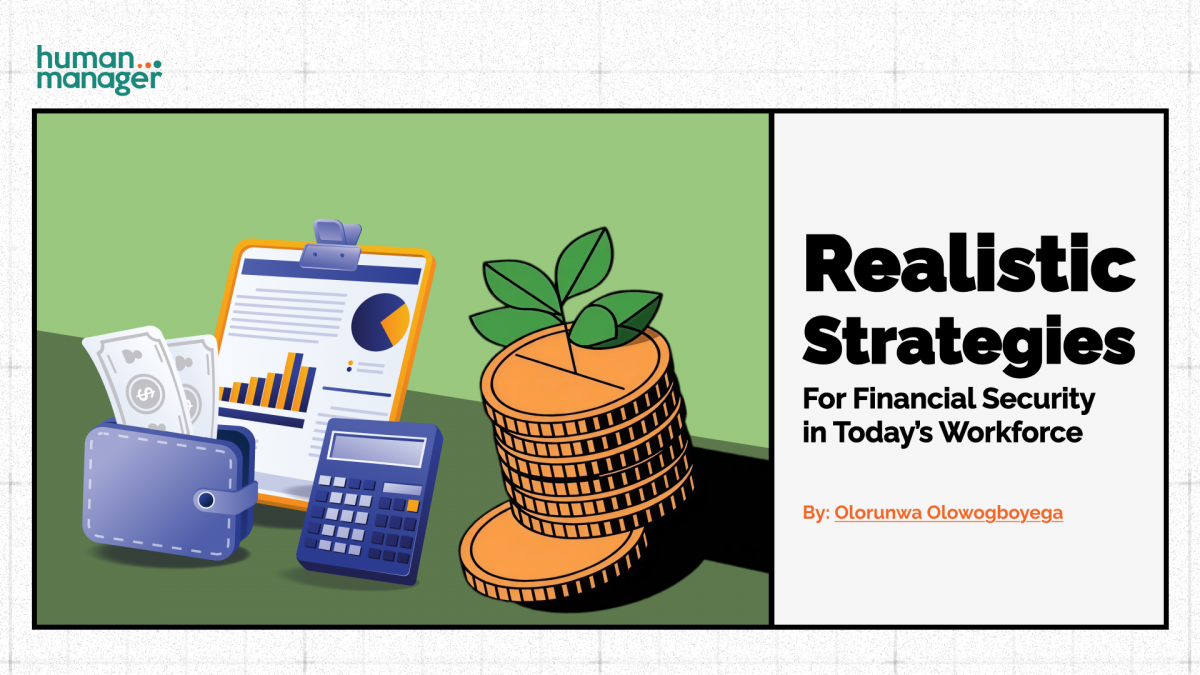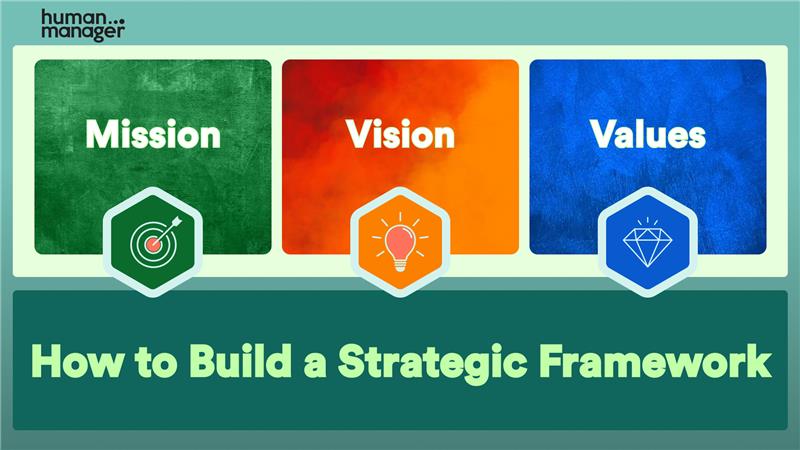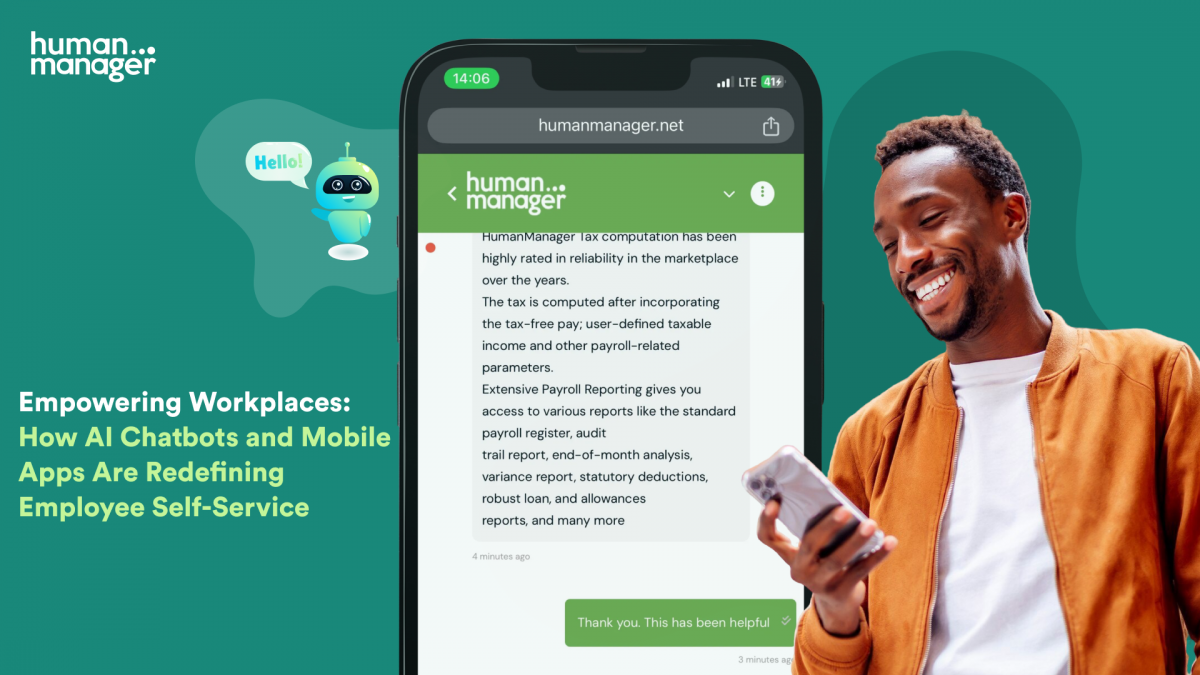We’re stepping out. And we’re doing it big.
We will be LIVE as the 11th ICTEL EXPO kicks off on July 29th & 30th at the Oriental Hotel in Lagos. Not just exhibiting but showing what the future of HR tech looks like when built through the lens of people, possibility, and Africa-first innovation.
With the theme “Leveraging Technology for Innovation and Development in Africa,” this year’s event couldn’t be more aligned with our mission. From our early days solving payroll headaches to building smarter, people-centered tools for managing leave, expenses, compliance, and embedded finance, we’ve always believed that great workplaces start with intentional systems.
What to Expect
We’ll be hosting live demos, sharing product updates, and connecting directly with business leaders, decision-makers, and tech enthusiasts who want to simplify how they manage their workforce.
Also, we’ll be taking the main stage to share the story of how we’ve evolved from a bold innovation inside SystemSpecs to becoming a standalone company driving change across industries.
It’s an opportunity to show how we’re helping organisations:
✅Build resilience with intelligent HR systems
✅ Align people and purpose
✅ Turn workforce data into smarter decisions
✅ Support the realities of modern work in Africa
More Than Just Tech
“In today’s workplace, technology must move beyond automation – it must enable trust, insight, and empowerment at scale. At HumanManager, we are engineering not just systems, but platforms of possibility – where data becomes decisions, and people become purpose-aligned assets in shaping the future of work. This is more than HR tech. It is about building institutional resilience and unlocking the full potential of our continent’s workforce,” says our Managing Director, Mr. Udo Ngele.
For us, it’s not just about writing code or pushing product updates. But shaping how people experience work from the first day on the job to their biggest career wins.
We’ve seen what’s possible when African talent meets bold thinking. We’re now turning that belief into tools that help teams not only work better and thrive.
Join Us at ICTEL
Venue: Grand Ballroom, Oriental Hotel, VI, Lagos
Date: July 29–30, 2025
Time: 9AM–6PM daily
If you’ll be attending (or know someone who is), stop by our booth. Ask questions. Explore what’s new. And see how we’re helping reshape HR for Africa one innovation at a time.
Because we don’t just build HR software. We build tools that help people feel seen, supported, and empowered to do great work.
Join our growing LinkedIn community: The HR Growth Circle for more insights, updates, and conversations.








